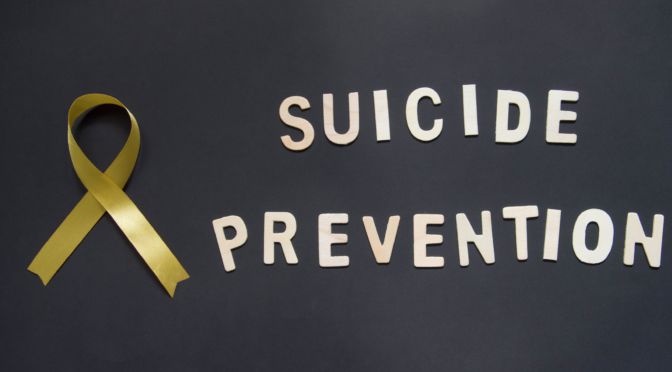Mental Health Should Be Everyone’s Priority

Every year, one in 5 adults experience a mental illness in the United States1. Mental illnesses can have a wide range of effects on physical heath, relationships and school or job performance. Yet as a country we still struggle to acknowledge and address the importance of mental wellness. The World Health Organization’s (WHO) launch in 2019 of its Special Initiative for Mental Healtlh2019-2023): Universal Health Coverage for Mental Health is an important step to call attention to and provide support for mental health issues and work to eliminate the stigma associated with mental health globally.
In this Psychology Today article, Dr. Anton C. Bizzell, CEO of The Bizzell Group, offers suggestions on how businesses can support their employees’ mental health and strategies individuals can use for mental wellness, including taking a mental health day when you’re feeling mentally under the weather.
READ MORE: Every Day Should Be Mental Health Day
1Substance Abuse and Mental Health Services Administration. (2020). Key substance use and mental health indicators in the United States: Results from the 2019 National Survey on Drug Use and Health (HHS Publication No. PEP20-07-01-001, NSDUH Series H-55). Rockville, MD: Center for Behavioral Health Statistics and Quality, Substance Abuse and Mental Health Services Administration. Retrieved from https://www.samhsa.gov/data/





